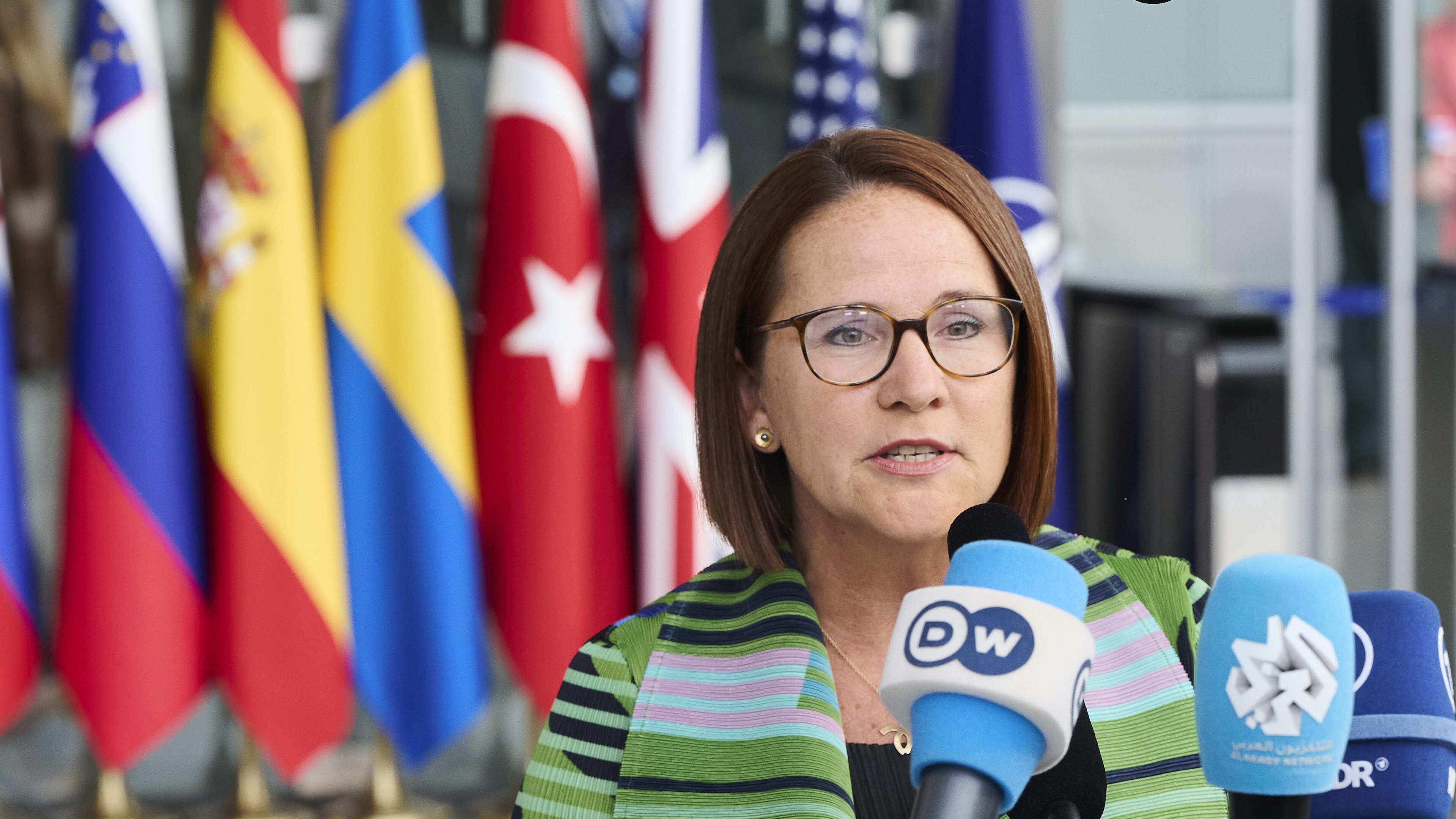Greece will pay off the first rescue loans 10 years earlier

Greece will repay the loans granted under the first of the three rescue programs for the debt crisis until 2031, two government officials told Reuters, while the country seeks to eliminate its label on the most dense country in the European Union.
Payments, which will come in steps of € 5 billion ($ 5.7 billion) a year, will allow Greece to pay a long 10 years before the lending expires, employees said on condition.
Will Trump Debate a Debt Crisis in the euro area
The Greek economy is gradually recovering from the 2009-2018 crisis, which led it to the edge of the euro area. The country has gone through the years of social unrest, while ordinary citizens fought with the strict salary and pension cuts.
« Our goal is to pay off completely, ten years earlier than intended, the other loans from the first rescue plan, which expires until 2041, » said one of the employees. The source said Greece would use a € 37 billion cash buffer from higher than forecast primary surpluses and new bond emissions to finance the payments.
Europe’s arms: the budget task
In an interview with Reuters, Finance Minister Kiriakos Pierakakis did not comment on the specifics of the time or amount of annual payments, but admitted that the loans would be repaid early. « We are confident that this approach will allow Greece to part with the title of the most dealership in the EU in the coming years, he said. This is a realistic and achievable goal. »
| The public debt of Greece is now the highest in the euro area is expected to fall below 140% by 2027, Pierakakis said without giving an accurate figure. |
- The loan costs have fallen sharply since Greece regained its investment status in 2023 and are now lower than those of Italy.
- The two employees said Greece’s government debt was expected to drop to about 135% by 2027, potentially below the level of Italy, whose debt was expected to increase to 138% of GDP in 2026.
- The crisis in Greece began in 2009, when the government opened a huge hole in the country’s finances, caused by decades of tax evasion and inflated public services.
As the crisis threatened to ruin the EU economy, Greece received three packages of rescue aid from euro area countries and the International Monetary Fund between 2010 and 2015, at the value of € 280 billion. Greece paid to the IMF in 2022 and by the end of 202
Many Greeks who have lost everything in the crisis are still fighting lower salaries and relatively high inflation. But the economy has been restored and the government is expecting a 2.3% growth this year, twice the euro area average.
Graphics: Bulgaria is no longer with the lowest in the EU ratio of debt to GDP
As the debt of major EU economies, including Germany and Italy, it has grown in part due to increased defense costs, Greece has reduced its debt to a burden by more than 50 percentage points from 2020 to 147% of GDP.
The second government official said the debt would decrease in 2024, with an absolute number to € 365.8 billion – for the first time since leaving its third rescue plan.






/s3/static.nrc.nl/images/gn4/stripped/data133212332-41b949.jpg)

